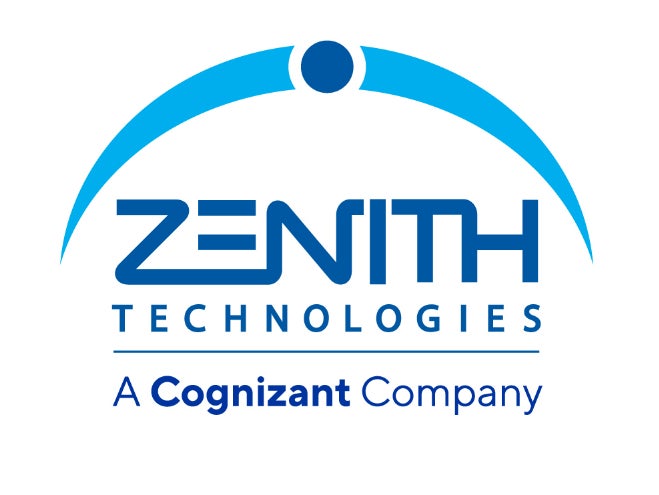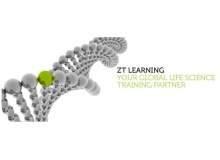Transforming Entry Level Operators into BioPharma Specialist
Biopharmaceuticals are highly intricate drugs, which are blazing new trails in the treatment of diseases like cancer, representing one of the most complex and promising areas of drug development.
Continued research in this area is generating new concepts and developments that will re-shape the future of medicine. With favourable approval, success rates and further innovations such as immunotherapy on the horizon, biopharma is on the cusp of taking medicine to even greater heights over the coming years.
However, this burgeoning sector is not without its challenges.
Working with biopharmaceutical molecules in a small-scale clinical environment is very different to effectively producing them on an industrial scale. This endeavour demands highly sophisticated manufacturing capabilities which are costly to run due to the longer processing times and expensive raw materials compared to small molecule drugs. A fully equipped facility featuring the required state-of-the-art technology to manufacture biopharmaceuticals on a large scale is still a high-risk commercial endeavour and will only work well in the right hands.
Highly sophisticated equipment and processes require highly skilled people.
When the biopharmaceutical industry was in its infancy, the skill level was very high as factories were run by bioprocessing chemists who were developing the institutional capability for the entire industry as it grew. As the number of biopharma facilities has increased, (mostly driven by the success of monoclonal antibody (mAb) products) the demand for the number of operators has concurrently risen, but their starting skill level has decreased. These operators have vital responsibilities within a facility that involves direct product contact from charging raw materials, cleaning and setup work to discharge and packing the finished goods.
Effective training strategies are imperative to ensure that operators can do the above in line with GMP, commercial and regulatory requirements. Traditional, generic classroom training is simply not adequate in addressing the complex issues that are resulting from the industry skills gap and new training approaches must be adopted to tackle it more effectively.
Generic versus Customised training
Across the life science industry, a large proportion of current training practices are based on generic content that offers little or no site-specific detail or customisation. This creates a large gap between what is learnt in training situations and what the actual job role involves.
Training on a generic control system can never truly reflect a company’s unique graphics, processes or architecture and aren’t an accurate representation of the actual system that personnel will have to use in their job roles. This makes generic systems training ineffective at building GMP capability within a team.
Training quickly and effectively
With the industry expanding at a rapid rate there is a clear regulatory and commercial obligation to continuously build capability in the workforce to ensure that demands can be met. Training in all its forms is a key feature of capability building and to be effective, training must:
- Be appropriate and specific to the duties assigned to the personnel
- Incorporate regular refresher training
- Be reviewed periodically to ensure continued effectiveness
- Utilise training material that is up to date and reflects the dynamic nature of the business
- Be delivered in an engaging, relevant and interesting way
Traditional pharmaceutical industry training has focused on a ‘read and understand’ approach and while these can establish a foundation of knowledge, they do not go far enough to plug the skill gap and do not account for different learning styles or adult learner preferences. Adult learners learn best when what they are being taught is relevant to their job role. Training must, therefore, be role-specific, interactive and hands-on, taking into account that adult learners:
- Need to know the benefits of learning
- Like to learn experientially
- Approach learning as problem-solving
- Learn better when they can see the immediate value and application of content
- Prefer to study at a time, place and pace convenient for them
Zenith’s unique training approach
Through our Customised Training Service, we create and deliver bespoke, role-based training, with the look and feel of the customer’s system. This ensures that the training is realistic and relevant, while being delivered in a safe and secure environment.
We work with our customer to storyboard collaboratively on the scope and focus of the training. Once the content is agreed, we produce a training manual and a virtual training environment designed to meet their exact requirements based on their operating practices and control system technology.
Using state-of-the-art eLearning software, we can simulate large and complex systems in high definition using real-world examples of workflows and sequences. This software can produce training environments for instructor-led courses or add captions and narration for deployment as an eLearning module.
This training solution does not require the purchase of expensive licenses or the maintenance of a separate training system. Instead customers pay a one-off fee and once designed, trainees simply download the virtual training environment to their regular business computer and with no installation required the HTML5 software will launch within their web browser.
The revolution in operator training has only just begun – fill out the enquiry form attached to this page for more information.



